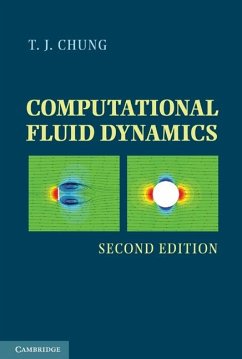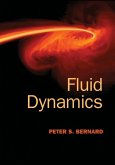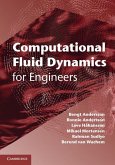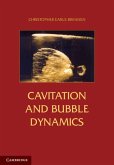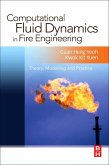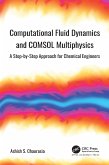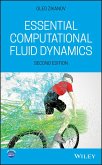The second edition of Computational Fluid Dynamics represents a significant improvement from the first edition. However, the original idea of including all computational fluid dynamics methods (FDM, FEM, FVM); all mesh generation schemes; and physical applications to turbulence, combustion, acoustics, radiative heat transfer, multiphase flow, electromagnetic flow, and general relativity is still maintained. The second edition includes a new section on preconditioning for EBE-GMRES and a complete revision of the section on flowfield-dependent variation methods, which demonstrates more detailed computational processes and includes additional example problems. For those instructors desiring a textbook that contains homework assignments, a variety of problems for FDM, FEM and FVM are included in an appendix. To facilitate students and practitioners intending to develop a large-scale computer code, an example of FORTRAN code capable of solving compressible, incompressible, viscous, inviscid, 1D, 2D and 3D for all speed regimes using the flowfield-dependent variation method is made available.
Dieser Download kann aus rechtlichen Gründen nur mit Rechnungsadresse in A, B, BG, CY, CZ, D, DK, EW, E, FIN, F, GR, HR, H, IRL, I, LT, L, LR, M, NL, PL, P, R, S, SLO, SK ausgeliefert werden.

